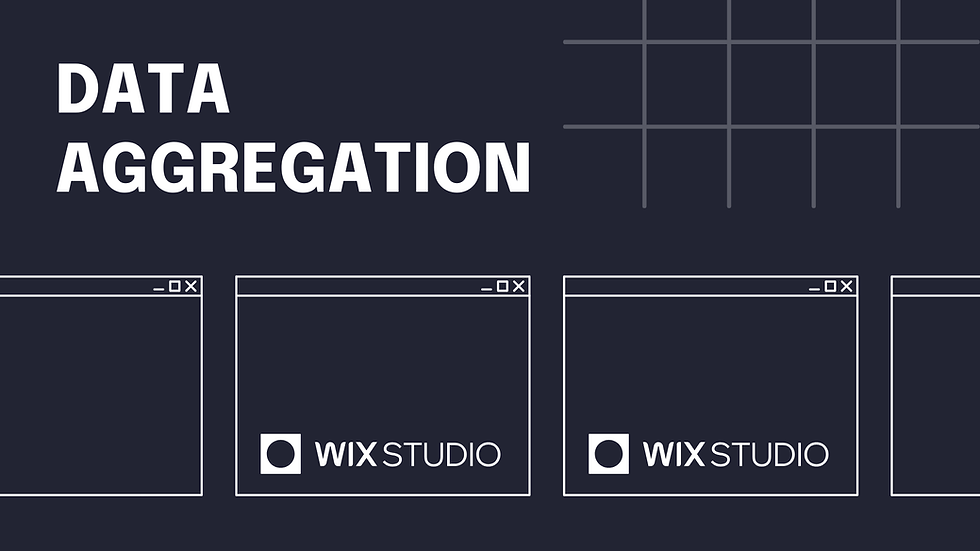Keyword Difficulty: Mastering SEO Strategy
- Bizimuhit

- Jan 30, 2022
- 4 min read
Updated: Jun 11, 2024
Keyword difficulty is a metric that tells you how much SEO effort it might take to organically rank a page in the top 10 results on Google for a certain keyword. You can use it to plan out your SEO campaigns and set priorities.
Looking for keywords with low KD% scores will help you find long-tail keywords and low-hanging fruit for your campaigns. The higher the percentage is, the harder the competition will be, and the more work you will need to do before seeing results.
The keyword difficulty score is a percentage from 0 to 100, and the higher the percentage, the more difficult SEO tools predict it would be to rank for.
Keyword difficulty calculation is based on a variety of factors such as the median number of referring domains pointing to the URLs that are ranking, the median ratio of dofollow/nofollow links pointing to these, the median authority score of the domains that are ranking, and the SERP-related qualities of the keyword itself.
What is Keyword Difficulty?
Keyword difficulty, also known as keyword competition, is a metric that indicates how challenging it is to rank for a specific keyword in search engine results pages (SERPs).
This metric takes into account various factors such as the quality and quantity of backlinks to competing pages, the domain authority of competing websites, and the overall optimization of those pages.
Why Keyword Difficulty Important?
Strategic planning
Understanding keyword difficulty helps you choose the right keywords to target based on your website's authority and resources. This ensures that your efforts are focused on achievable goals rather than overly competitive keywords.
Resource allocation
By identifying keywords with a manageable difficulty level, you can allocate your resources more efficiently. This includes content creation, link-building efforts, and other SEO activities.
Improved ROI
Targeting keywords with an appropriate difficulty level can lead to higher rankings, increased organic traffic, and ultimately a better return on investment (ROI) for your SEO efforts.
Factors Influencing Keyword Difficulty
Several factors influence keyword difficulty, making it a complex yet vital aspect of SEO. Here are the primary components:
Competition
The number of websites competing for the same keyword significantly affects its difficulty. High-competition keywords are usually harder to rank for, as many well-established sites vie for top positions.
Performing a competitor analysis can help you to understand who you are competing with and which keywords you are competing for.
Domain Authority (DA)
Websites with higher domain authority are generally more successful in ranking for competitive keywords. Domain authority is a measure of a site's credibility and influence on the internet, often determined by the quality and quantity of backlinks.
Page Authority (PA)
Similar to domain authority, page authority measures the strength of a specific webpage. High PA indicates a better chance of ranking for targeted keywords.
Content Quality
Search engines prioritize high-quality, relevant content. Well-researched, informative, and engaging content is more likely to rank well, even for challenging keywords.
On-Page SEO
Proper use of on-page SEO techniques, such as keyword placement, meta descriptions, header tags, and image alt text, can improve a page's chances of ranking for difficult keywords.
Backlinks
The number and quality of backlinks pointing to a page significantly impact its ranking potential. High-quality backlinks from reputable sites can boost a page's authority and help it rank for challenging keywords.
Here's 10 link building strategies to consider if you want to become a link master.
Strategies to Overcome High Keyword Difficulty
Targeting high-difficulty keywords requires a strategic approach. Here are some effective strategies:
Long-Tail Keywords
Instead of focusing on highly competitive short-tail keywords, target long-tail keywords. These are longer, more specific phrases that typically have lower competition and higher conversion rates.
Content Quality and Depth
Create comprehensive, in-depth content that provides significant value to users. High-quality content is more likely to attract backlinks and rank well.
Building Authority
Focus on building your website's authority by acquiring high-quality backlinks, improving domain authority, and maintaining a robust internal linking structure.
On-Page Optimization
Ensure that your content is optimized for SEO with appropriate keyword placement, meta tags, and internal links. Structured data and schema markup can also help search engines understand your content better.
User Experience (UX)
Enhance the user experience on your website by improving page load speed, mobile-friendliness, and overall site navigation. Positive user experience signals can boost your rankings.
You can build better UX&UI using Wix Studio, Wix's responsive website buider.
Keyword Difficulty Levels
In general, there are 6 levels of how difficult it is to rank for a specific keyword:
0-14 = Very easy. These are the best opportunities to start ranking new web pages on Google as soon as possible without backlinks.
15-29 = Easy. These keywords have some competition but are still possible to rank for when you’re starting. To be able to rank for these, you’ll need quality content focused on the keyword’s intent.
30-49 = Possible. Slightly more competition. You’ll need well-structured and unique content appropriately optimized for your keywords.
50-69 = Difficult. You’ll need to have some backlinks in addition to your well-structured, helpful and optimized content to compete here.
70-84 = Hard. Even stiffer competition. These keywords will demand more effort in terms of getting higher authority referring domains to rank your well-optimized and helpful content among the top pages.
85-100 = Very hard. The absolute hardest keywords to compete for, especially for a new website. These will demand a lot of on-page SEO, link-building, and content promotion efforts to eventually rank and acquire traffic.



Comments